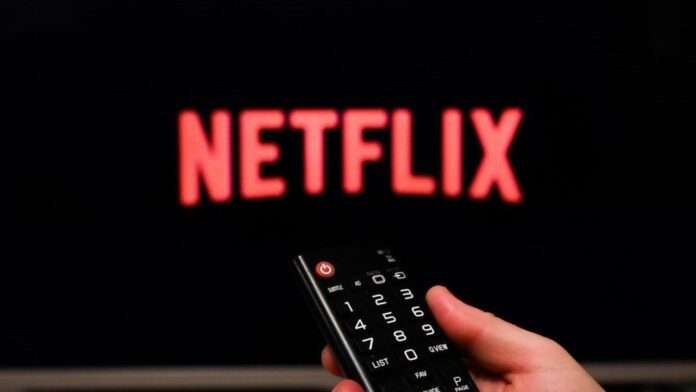Netflix announced today that it will begin testing a new “add a home” feature to charge users who share their account with others in select countries. The test marks the streaming giant’s latest effort toward cracking down on password sharing. The test will prompt users to pay an additional fee if they use an account outside their household. Netflix will begin testing the feature in Argentina, the Dominican Republic, El Salvador, Guatemala and Honduras next month.
In these test regions, each Netflix account will include one home where you can access Netflix on any of your devices. If you want to allow someone to use your Netflix account in an additional home, the company will ask you to pay a fee. You can add a home to your account by paying an extra 219 pesos in Argentina and $2.99 in the other test regions. Members on a Basic Netflix plan can add one extra home, Standard users can add up to two extra homes and Premium users can add up to three extra homes. Users in these test areas will have the option to control where their account is being used and remove homes from their account settings page.
“It’s great that our members love Netflix movies and TV shows so much they want to share them more broadly,” said Netflix’s director of product innovation, Chengyi Long, in a statement. “But today’s widespread account sharing between households undermines our long term ability to invest in and improve our service.”
Netflix says this test expands on a similar feature it launched in Chile, Costa Rica and Peru earlier this year called “add extra member.” As part of this test, subscribers are asked to pay extra if they are sharing the service with people outside their own household. The feature allows households to add up to two “sub accounts” for a fee that’s less than the cost of the full-priced Netflix service.
Netflix had said this solution doesn’t rely on location-based data, like GPS. Instead, it’s leveraging the same information it uses to provide its service today to its end users, including an IP address, device IDs and other information about devices signed into the Netflix account across the household. Through this method, Netflix can identify when there’s persistent sharing taking place outside a household.
The company announced during its first-quarter earnings call that it will expand tests that charge members a higher price if they’re engaged in account sharing with people outside their household. Netflix had clarified it will need to continue to iterate on the feature for roughly a year or so, to make sure it gets the balance right in terms of how much extra to charge subscribers who have shared their Netflix account with other users outside their own household.
Today, Netflix estimates there are around 100 million households globally sharing their user accounts, and over 30 million of those are in the U.S. and Canada alone. Netflix says that by asking members who are sharing their accounts to pay more, it hopes to strike the right balance between still permitting sharing to take place while also helping to bring in revenue from everyone who’s viewing and getting value from its service.
These tests aren’t the only way Netflix is planning to monetize its subscriber base, as the company also said it will introduce an ad-supported plan. Last week, Netflix announced that it’s partnering with Microsoft as its “global advertising technology and sales partner” to help the streaming service earn revenue through ads.





